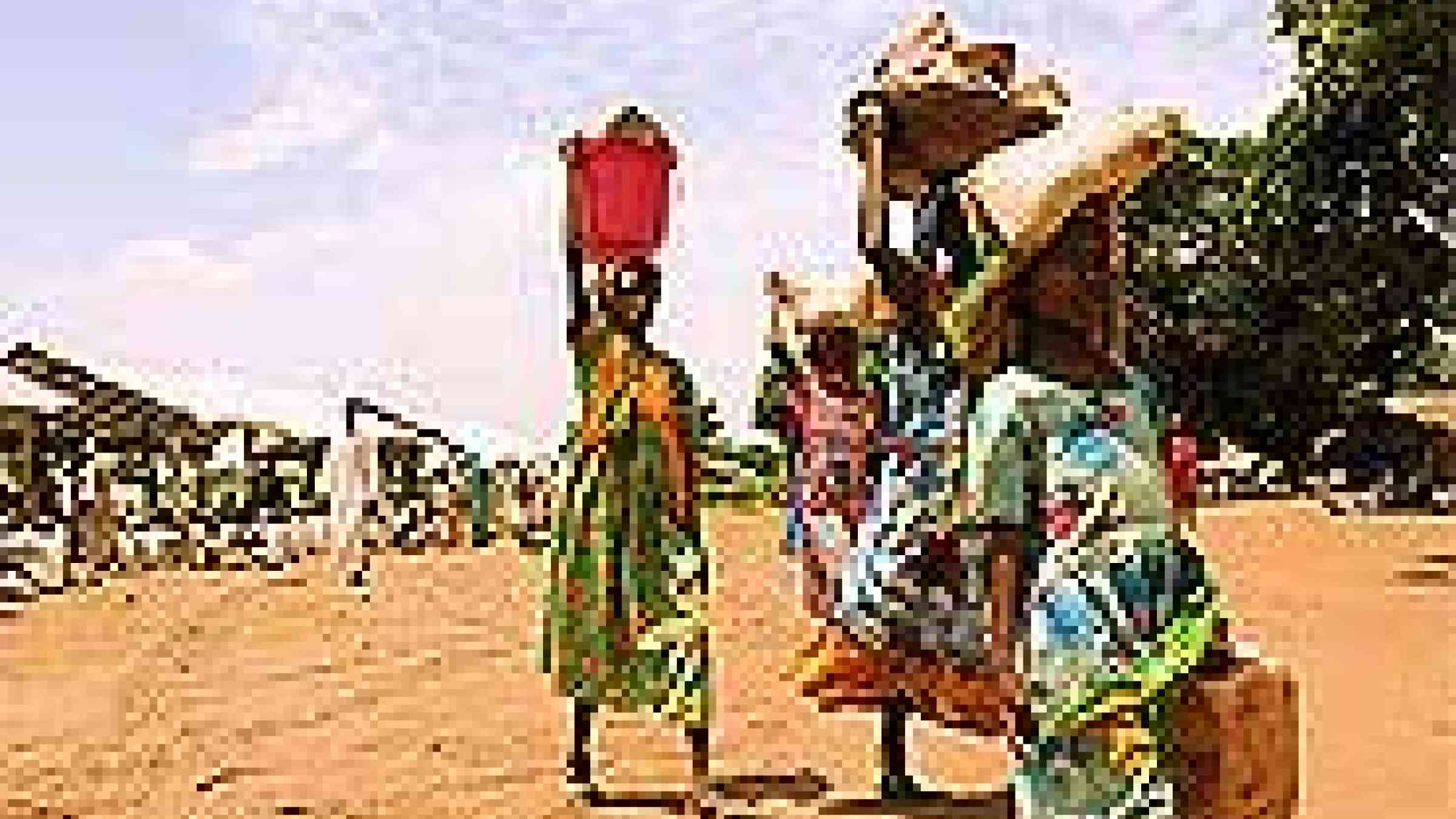IOM: Reducing vulnerability to 'natural' disasters important for migration

IOM press release
Reducing the increasing vulnerabilities of communities all over the world to natural disasters will play a critical role in addressing some of the many and growing challenges of population movement caused by sudden or slow-onset disasters, says IOM ahead of next week's Global Platform for Disaster Risk Reduction in Geneva (16-19 June 2009).
In a statement to be made to participants at the UN International Strategy for Disaster Reduction (UNISDR)'s Global Platform, which include government representatives, inter and non-governmental organizations, financial institutions, the private sector, civil society and academia, IOM will be stressing the need for a concerted, speedy and united global effort to reduce human vulnerabilities to disasters and to bolster community resilience to them.
This is especially critical now as climate change and environmental degradation is already impacting on human mobility. A new study by the Norwegian Refugee Council's (NRC) Internal Displacement Monitoring Centre and the Office for the Coordination of Humanitarian Affairs (OCHA) says more than 20 million people were displaced by climate-related sudden-onset natural disasters in 2008 alone.
A major concern for the whole world is that more than half the world's population is now living in urban settlements for the first time in human history. This largely unmanaged urbanization, partly fuelled by rural populations moving away from deteriorating eco-systems, has in turn exacerbated risks to public health, food and water security, loss of livelihood and environmental degradation, is taking its toll on human security and development.
The Organization will reiterate its commitment at the Global Platform to support governments to better manage population movements along the continuum of voluntary to forced migration caused by natural disasters while arguing for the recognition of the humanitarian consequences of climate change in the successor agreement to the Kyoto Protocol in Copenhagen in December.
The IOM delegation to the Global Platform will include staff working on programmes directly concerned with climate change/environmental degradation and their impact on migration and displacement in Africa and Asia.
For further information, please contact:
Jean Philippe Chauzy
IOM Geneva
Tel: + 41 22 717 9361/+ 41 79 285 4366
Email: pchauzy@iom.int